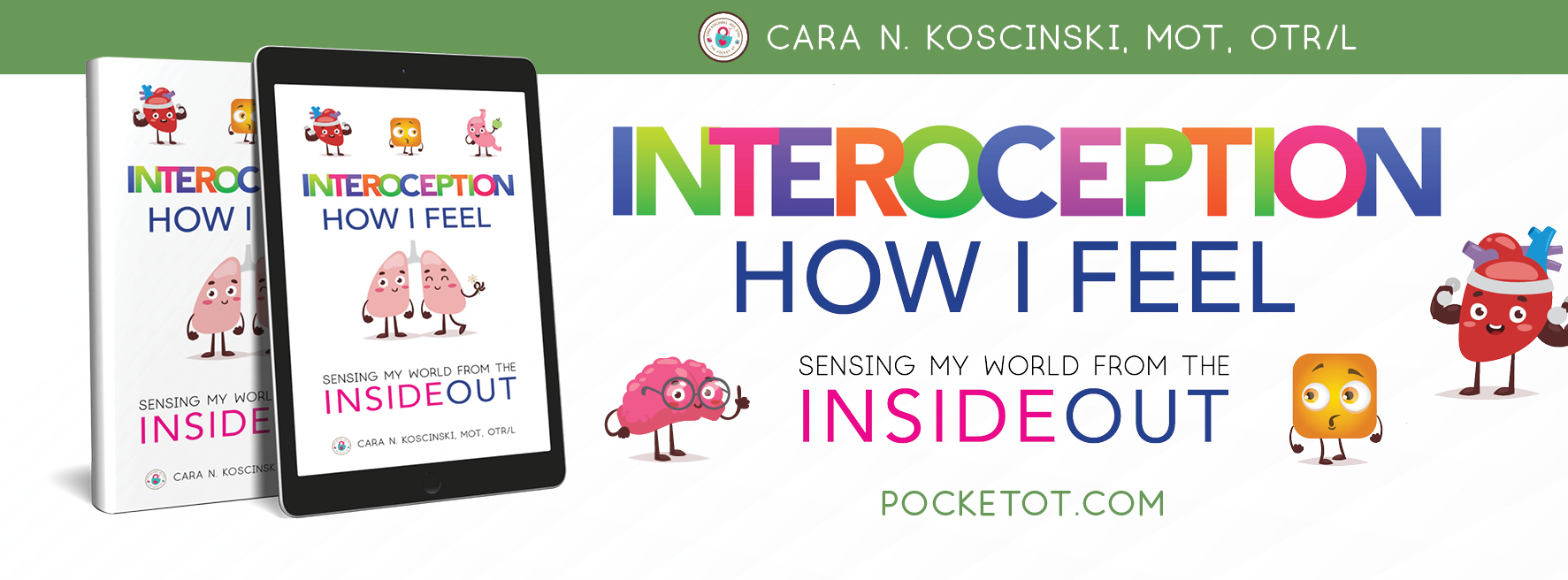
20 Snowman Crafts
Who wants to build a snowman? We do! This week we’ve rounded up some snowman crafts and activities. Each link contains a fun…
 Here are 5 ‘Out of the Pocket’ tips to help your child/teen with his/her body awareness and other puberty-related topics:
Here are 5 ‘Out of the Pocket’ tips to help your child/teen with his/her body awareness and other puberty-related topics:
2) The thing about self-stimulation is that it’s immediately rewarding. When your child begins to self-stimulate, feelings of arousal may occur quickly. Make sure to talk about this ahead of time so your child understands what is happening to his body.
 Read more about Interoception in our best-selling book. Available HERE from Amazon.
Read more about Interoception in our best-selling book. Available HERE from Amazon.
3) Here are my favorite books from my Amazon Affiliates: This book is highly recommended for females by many of my clients/readers. It has awesome reviews on Amazon. From the authors of the best-selling book for girls, this book is one of my readers’ favorites. This book is a best-seller on Amazon and right now is the number one book for boys about puberty.
4) Utilize FREE resources from the web. Of course, searching about sex and/or puberty might bring about some inappropriate materials. I’ve given several helpful web resources here: Your Changing Body, Answers for Boys with Autism https://autismawarenesscentre.com/prepare-girl-autism-menstruation/ The Autism Community in Action: Teens with ASD: Puberty Helping Your Child with Autism Through Puberty *FREE booklet download Psychology Today: Puberty Changes Sensory Processing Disorder and the Teen Years ….and now for one of my favorite resources…..this PDF fact sheet download about puberty and ASD
5) Use social stories and pictures to help teens to understand what puberty is and how their bodies may change. Topics might include periods, changes in the shape of the body, erections, wet dreams, and the changing voice. Be careful to avoid words that can be confusing. My son became very upset when I told him his voice might ‘crack.’ He thought it would actually break. I meant it might start high-pitched and then move to very low-pitch. Remember that our children/teens can be very literal. I hope you’ve found this post helpful. I love hearing from you. Let me know if you have any more suggestions ~ especially books and other websites.



